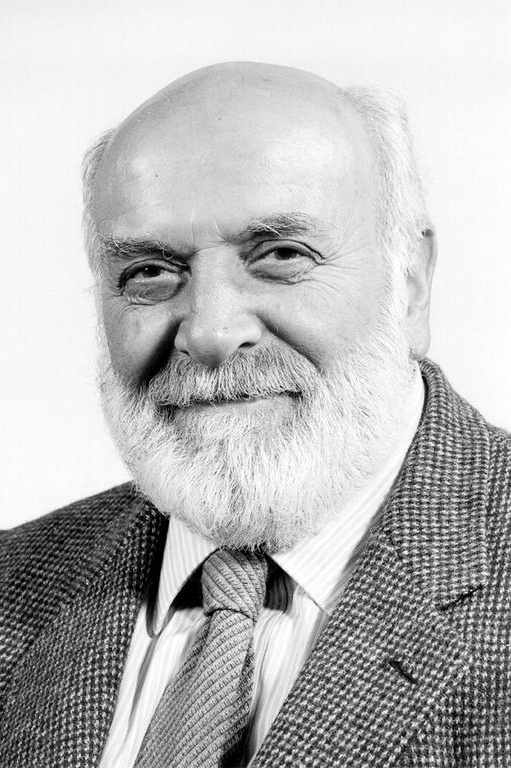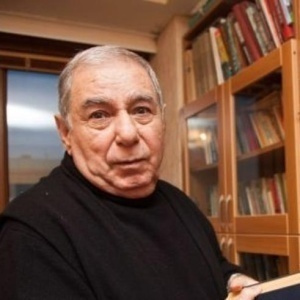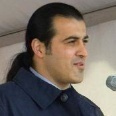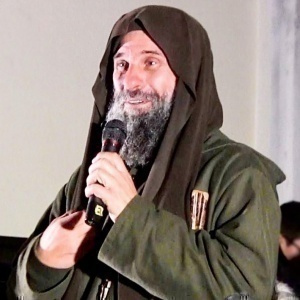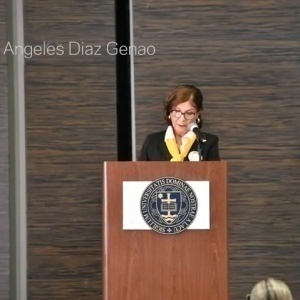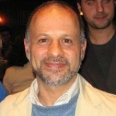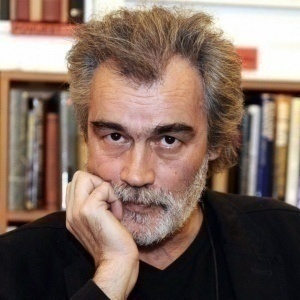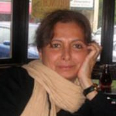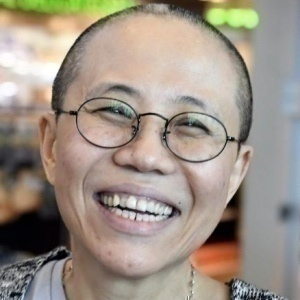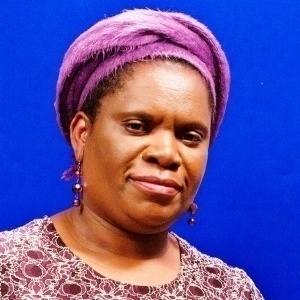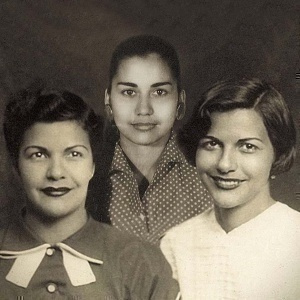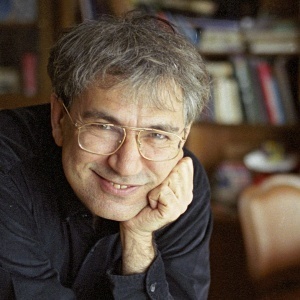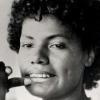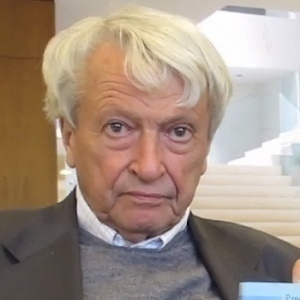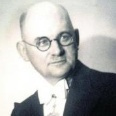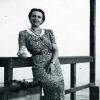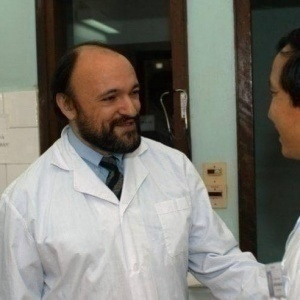Milan, 3rd June 1927. The fascist police raided a bar in the city centre and arrested a young man who was not yet twenty years old. He was “a very dangerous individual”, who “had always exercised detrimental subversive activity, among both workers and students”. This was how the Special Fascist Court for the Defence of the State defined him and a few days later it sentenced him to 16 years and 8 months imprisonment. The name of that young man was Altero Spinelli, he came from a petit-bourgeois family from southern Italy and had recently interrupted his university studies in law to become a “professional revolutionary”. He had approached political activism three years earlier, when he was just 17, as a reaction to the murder of Giacomo Matteotti, by joining the Italian Communist Youth Federation. Since Fascism issued the measures “in defence of the State”, all parties, associations and organisations “carrying out actions contrary to the regime” - that is, all except the PNF - had been relegated to hiding and their activists were systematically persecuted, imprisoned or killed. When he was arrested, Spinelli was in Milan on behalf of the Communist Party to follow youth organisations in northern Italy. He would spend almost a decade in the prisons of Lucca, Viterbo and Civitavecchia, a period of time during which he would have time to deepen his philosophical, political and economic studies, as well as to learn Spanish and Russian. In those same years, he gradually developed profound dissent towards Stalin and Soviet communism. He was one of the few party militants who openly denounced the Soviet dictator’s violent methods and refuted his ideological structure. Years later, in his autobiographical book How I Tried to Become Wise, he explained:
“[…] take away the freedom to think, lie with myself, renounce the freedom of my thought: however, it was never written into the pact between my soul and communism, and it was against this rock that the first part of my life foundered”.
For his positions, which openly violated communist orthodoxy, he was expelled from the party in 1937 on charges of “petty-bourgeois deviation”. In that same year he was to be freed following a number of amnesties but fascist courts continued to consider him as one of the leaders of the communist party and sentenced him to internment for another five years. He was sent first to the island of Ponza and then to the island of Ventotene. By confining him in that open-air prison, the regime deluded itself into thinking it could silence him. To neutralise his political acumen and activism once and for all. Conversely, Altiero Spinelli will forever link his name to that small Tyrrhenian island with a project destined to change the political history of Europe. It was in Ventotene that he met Ernesto Rossi and Eugenio Colorni, with whom he developed a theory according to which only the establishment of a federation of European States could have prevented new conflicts. Between 1941 and 1942, the exchange between the three men resulted in For a Free and United Europe. A Draft Manifesto, better known as the Ventotene Manifesto. It is a revolutionary document that lays the political and ideological foundations of the future union of European States and is still considered to be the most important Europeanist text of the Resistance after so long. It states that any victory over fascist powers would be useless if it was followed by the restoration of the old European system of Nation-States. Only the birth of a supranational European federation of States could have prevented new conflicts in Europe.
In the summer of 1943, immediately after the fall of Mussolini, Spinelli was finally released from exile and became one of the leaders of the Action Party. He went back to Rome and, before taking refuge in Switzerland, he moved to Milan. In late August, he found himself in Mario Alberto Rollier’s Milan house with Ernesto Rossi, Leone Ginzburg, Vittorio Foa, Manlio Rossi Doria and other anti-fascists. In those tragic days, as Nazi troops were about to occupy Italy, the European Federalist Movement was founded in that house. Two years later, when the war had just ended, the first international meeting of the new political entity was organised in Paris, attended by intellectuals of the calibre of Albert Camus and George Orwell. Spinelli was not only the secretary of the EFM, he also became the main driving force behind the battles for European integration, namely for the establishment of the European Defence Community, a project that was to founder despite the commitment of Italian Prime Minister Alcide de Gasperi. However, Spinelli was not willing to give up: after being appointed European Commissioner for Industry, he fought to raise awareness on the need for European industrial sovereignty. In 1979, during the first direct elections of the European Parliament, he was elected to Strasbourg Assembly as an independent member in the ranks of the Communist Party. The following year, with other MEPs of federalist orientation, he founded the “Crocodile Club” (named after a restaurant in Strasbourg that hosted their first meetings), the members of which proposed a parliamentary motion aimed at setting up a special committee to draft a new EU treaty. His last battle eventually took place in Brussels, culminating in the approval by a very large majority, on 14th February 1984, of the Draft Treaty establishing the European Union, an embryonic supranational constitution based on federalist principles. A Treaty that - although later rejected by the European Council - was destined to impact on the slow process of unification and to enable Europe to respond more effectively to challenges posed by history after 1989. Altiero Spinelli failed to see the fall of communism and the birth of a Europe free from the Iron Curtain. He died three years earlier, on 23rd May 1986, after his re-election in Brussels. But as a true revolutionary, he had been able to anticipate the times and amidst the ruins of the Second World War he had laid the foundations of a new era marked by the union of individuals above national borders.



